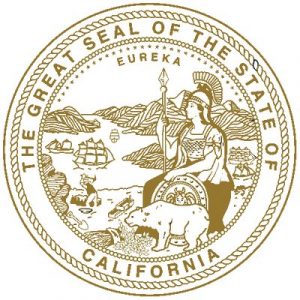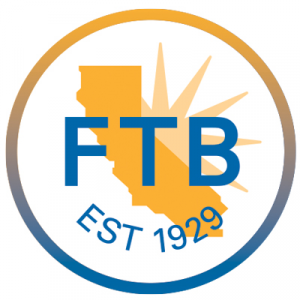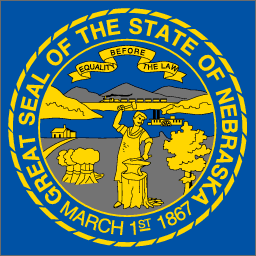Pillsbury SALT attorneys Carley Roberts, Robert P. Merten III and Mike Le co-authored “Sunny State Shade: Arizona’s Objection to California’s Tax Reach” in a recent edition of SeeSALT Digest, by Tax Notes State. In this article, Carley, Robert and Mike evaluate and provide an update on Arizona’s judicial objection to the reach of California’s tax imposition on out-of-state companies whose only connection to California is a passive investment interest.
To read the article, please click here.




 There were two competing bills regarding tax sharing agreements (TSAs) this legislative session: SB 531 and SB 485. The former would have barred all TSAs at the local level as of January 1, 2020. The latter would not bar TSAs but instead would require the locality to report certain information pertaining to the agreement that would be made publicly available. On October 12, 2019, Gov. Gavin Newsom vetoed the bill that would have barred TSAs altogether and instead signed the other bill that requires publicly reporting certain information pertaining to the TSAs.
There were two competing bills regarding tax sharing agreements (TSAs) this legislative session: SB 531 and SB 485. The former would have barred all TSAs at the local level as of January 1, 2020. The latter would not bar TSAs but instead would require the locality to report certain information pertaining to the agreement that would be made publicly available. On October 12, 2019, Gov. Gavin Newsom vetoed the bill that would have barred TSAs altogether and instead signed the other bill that requires publicly reporting certain information pertaining to the TSAs.
 Yesterday, the California Franchise Tax Board convened a public meeting to discuss tax compliance within the growing gig economy and the challenges of meeting these obligations. Speakers from academia, the FTB, the business community, and gig workers themselves, discussed various tax issues, three of which stood out.
Yesterday, the California Franchise Tax Board convened a public meeting to discuss tax compliance within the growing gig economy and the challenges of meeting these obligations. Speakers from academia, the FTB, the business community, and gig workers themselves, discussed various tax issues, three of which stood out. Pillsbury is proud to partner with TEI’s NY Chapter to host their State & Local Chapter Meeting. Join Pillsbury SALT and TEI NY Chapter members for “Sales Tax: Transformation in Action.”
Pillsbury is proud to partner with TEI’s NY Chapter to host their State & Local Chapter Meeting. Join Pillsbury SALT and TEI NY Chapter members for “Sales Tax: Transformation in Action.” Nebraska’s tax department has issued guidance confirming its position that IRC 965 deemed repatriation income: 1) must be included in a taxpayer’s corporate income tax base (less the IRC 965(c) deduction); and 2) does not qualify for the state’s dividends received deduction. Nebraska Dep’t of Revenue, Gen. Info. Letter 24-19-1 (Sept. 13, 2019).
Nebraska’s tax department has issued guidance confirming its position that IRC 965 deemed repatriation income: 1) must be included in a taxpayer’s corporate income tax base (less the IRC 965(c) deduction); and 2) does not qualify for the state’s dividends received deduction. Nebraska Dep’t of Revenue, Gen. Info. Letter 24-19-1 (Sept. 13, 2019).